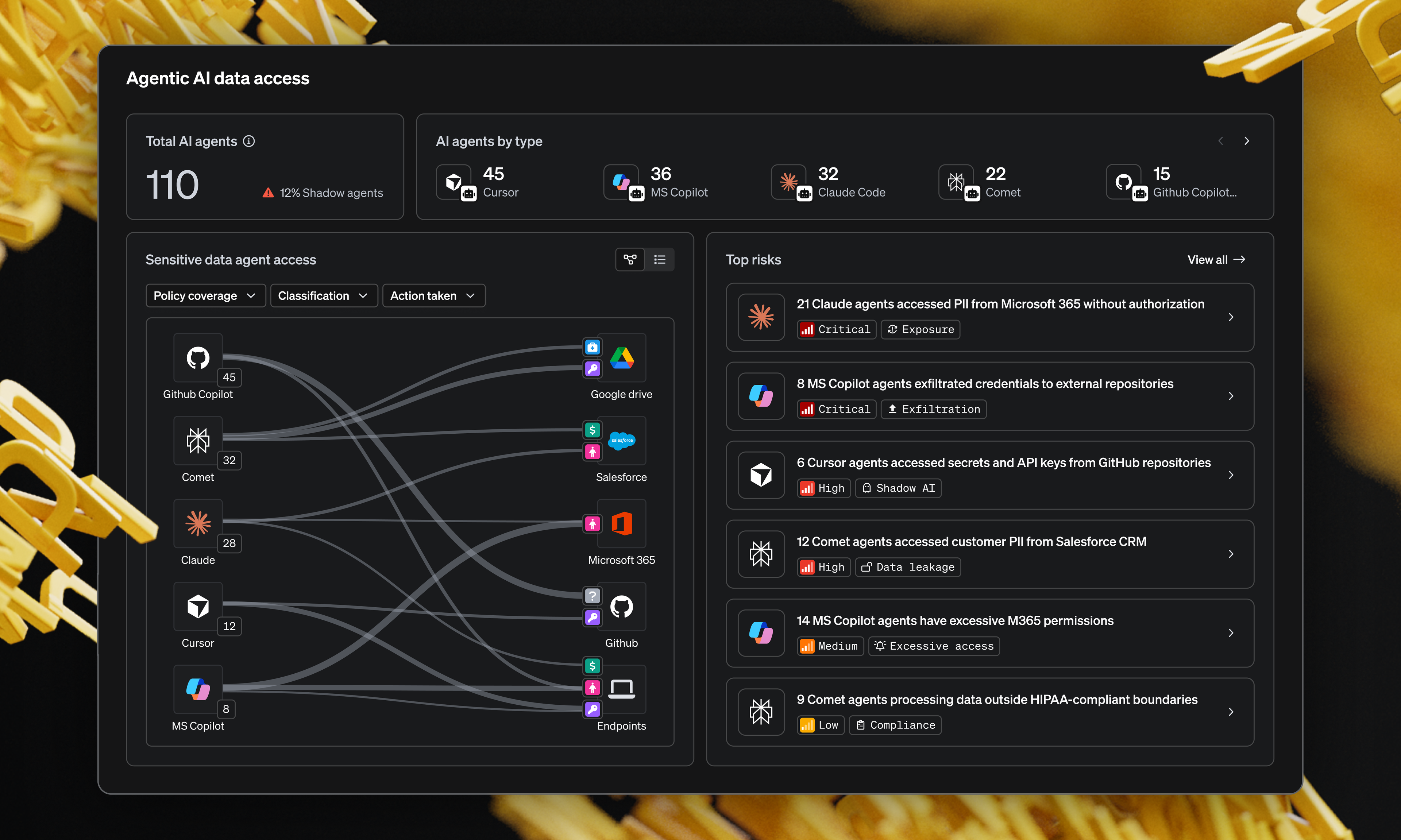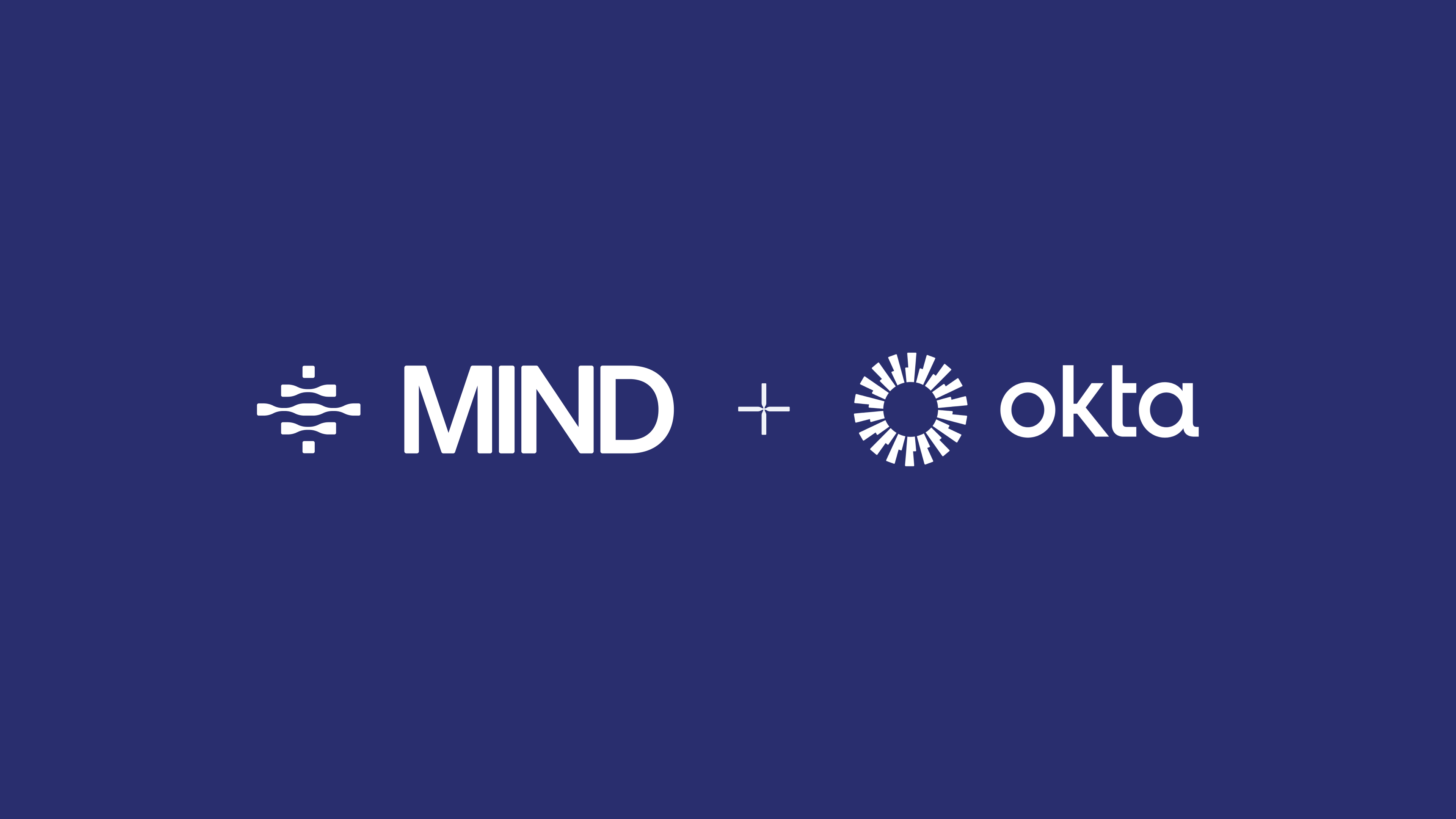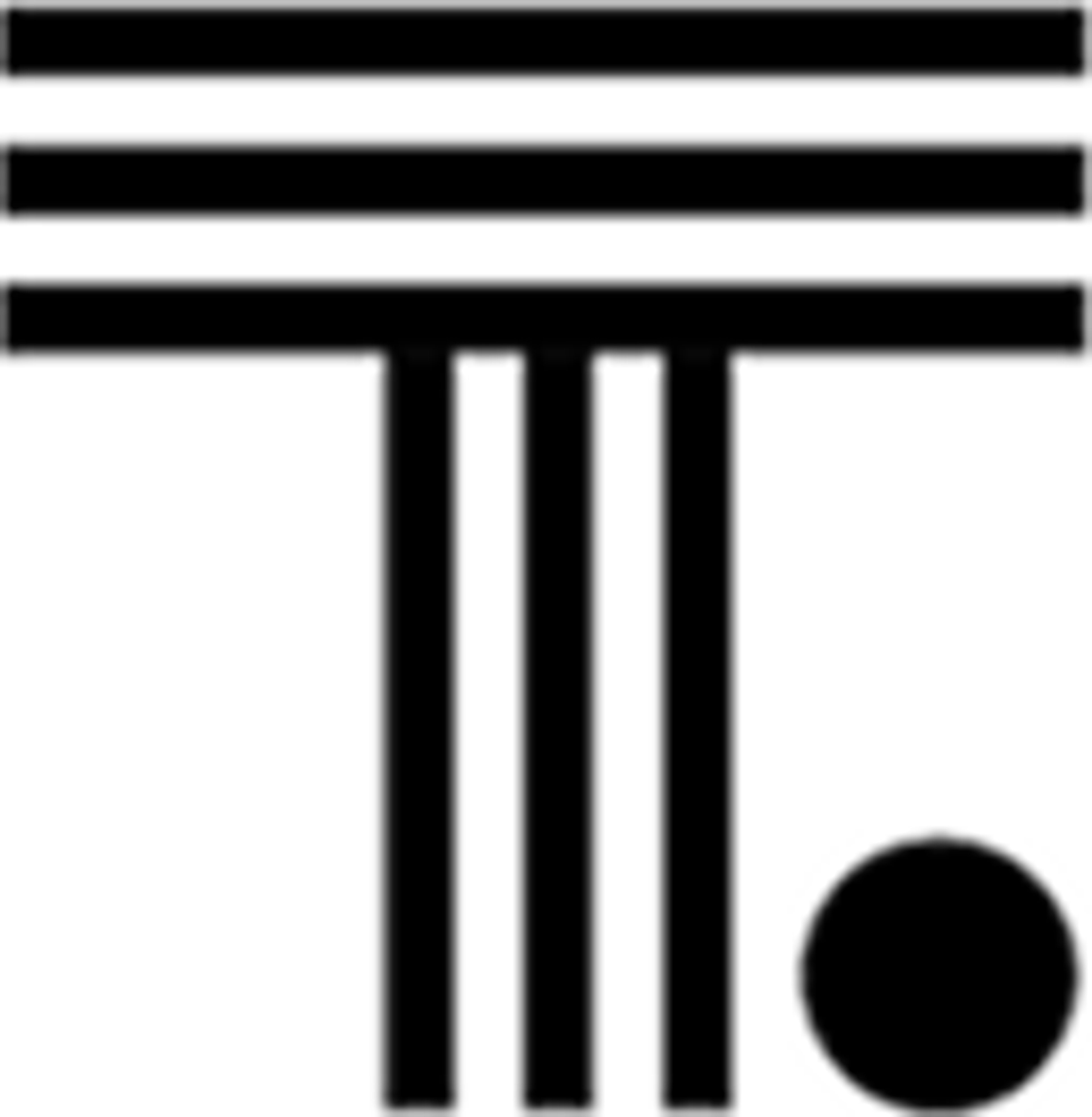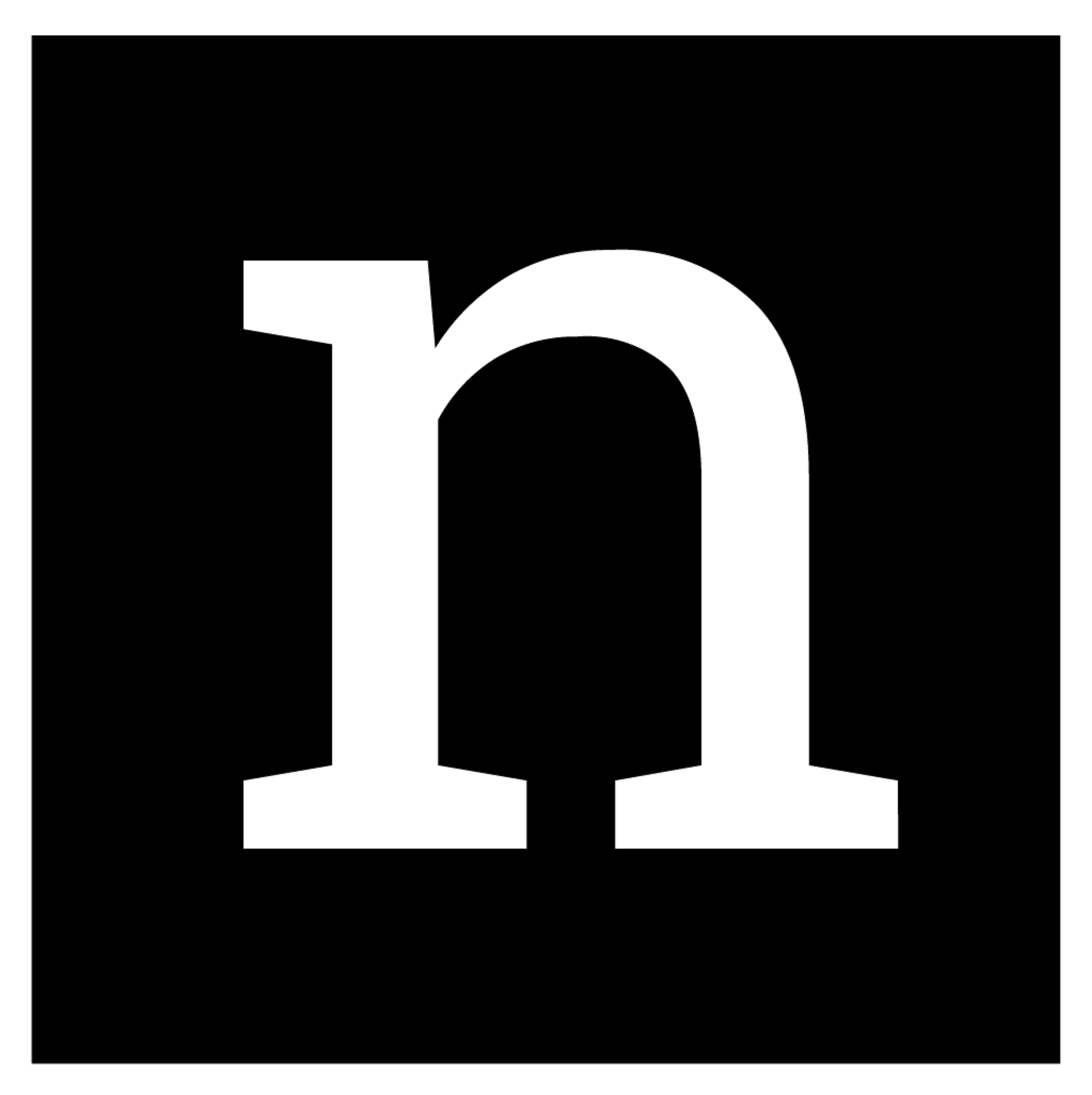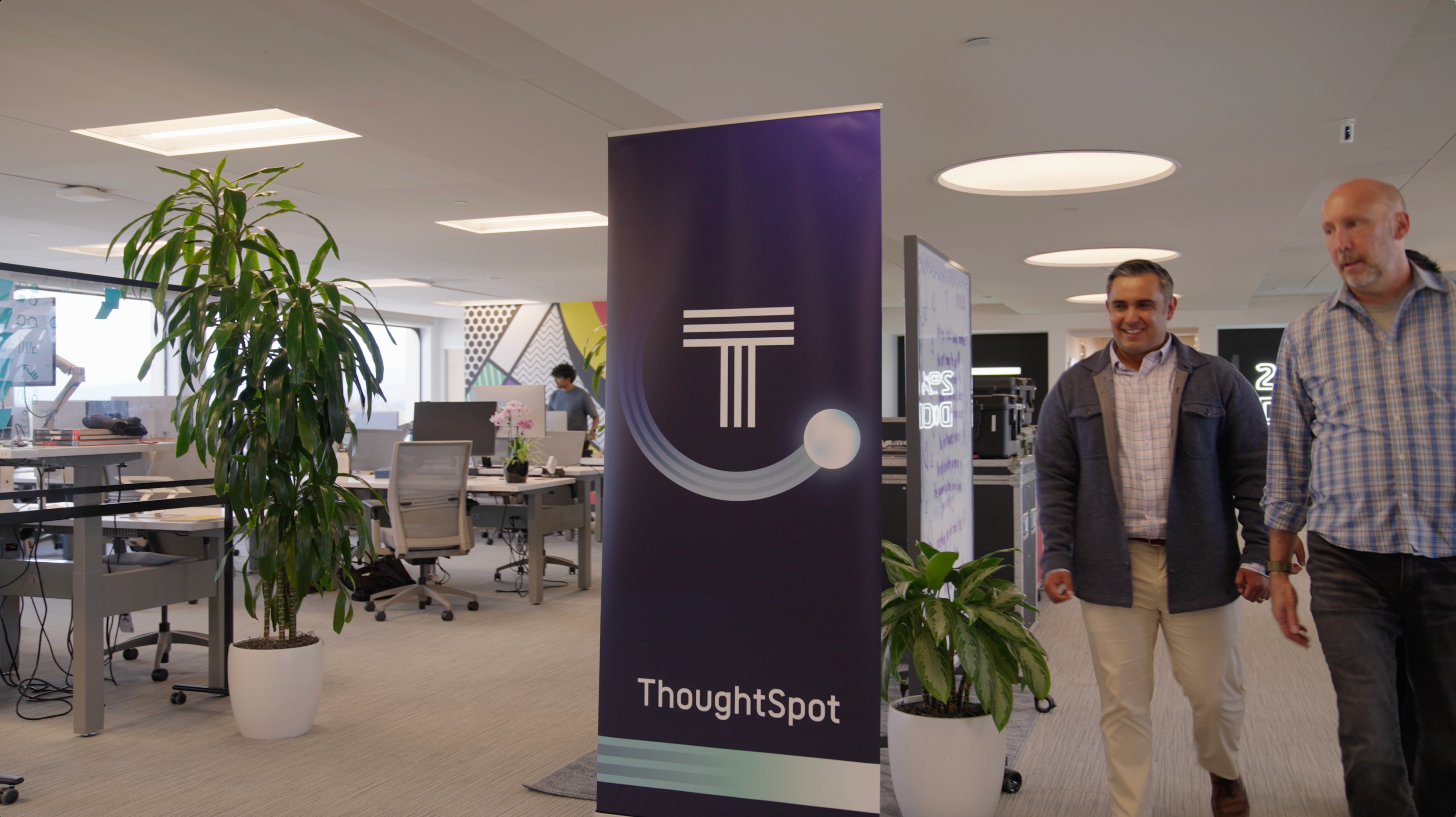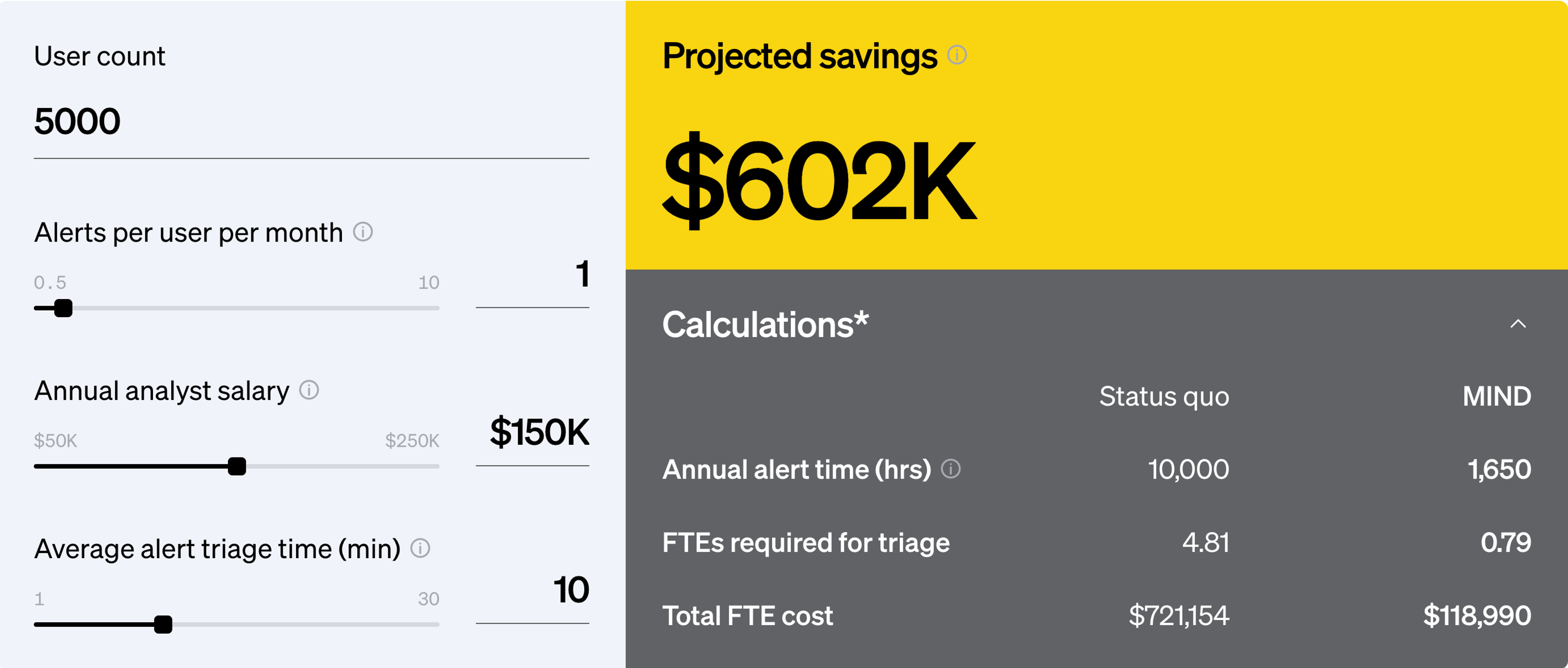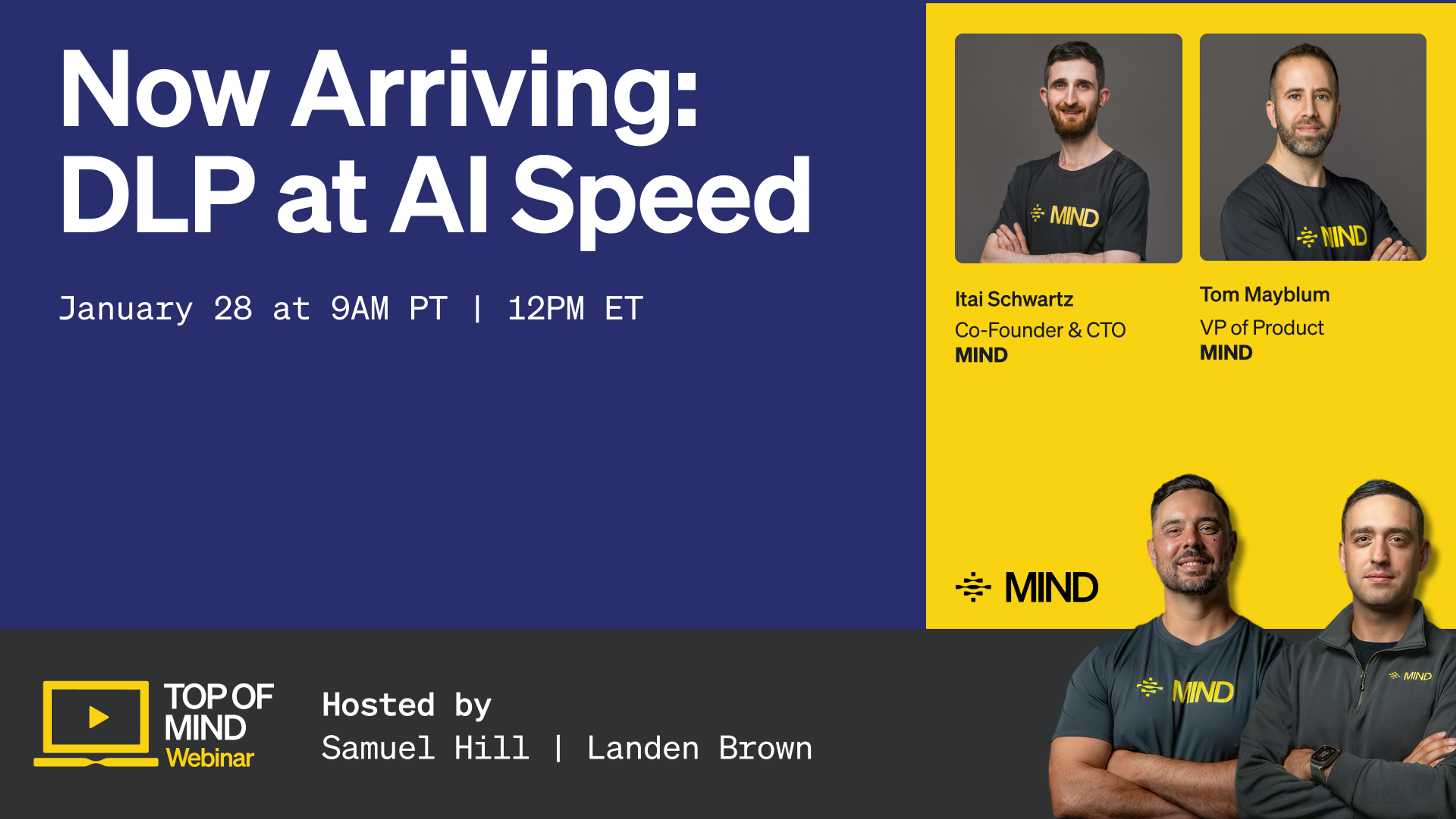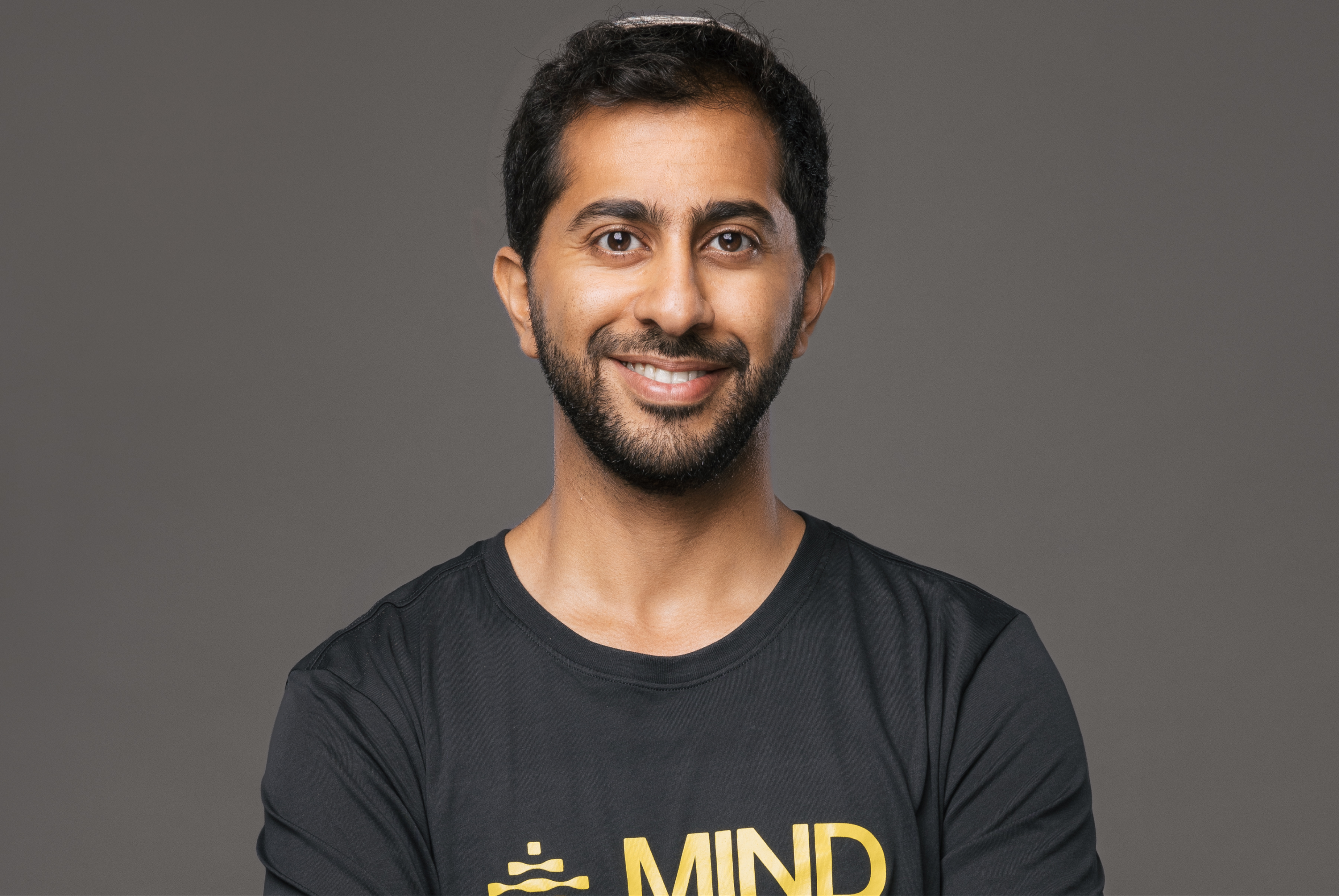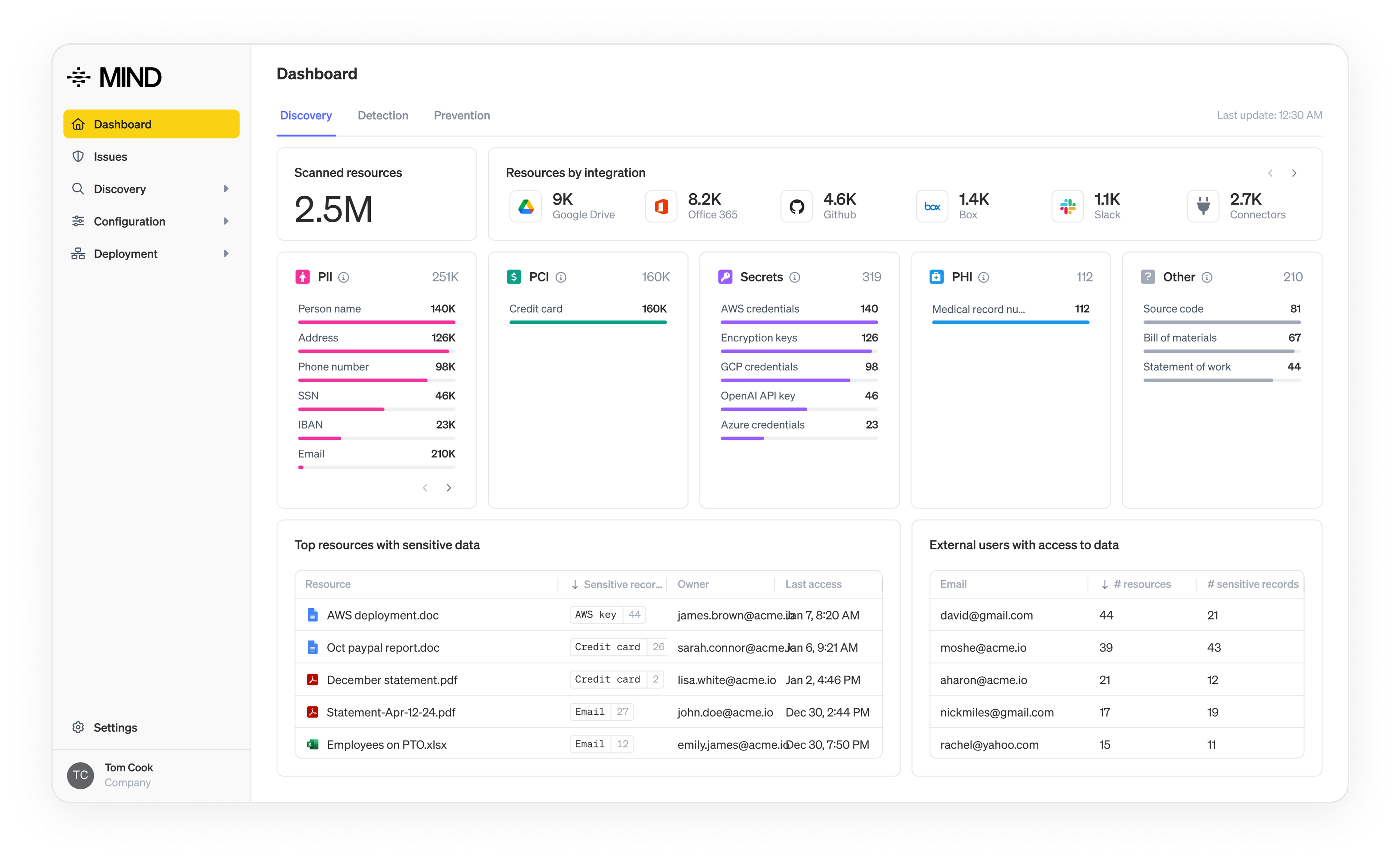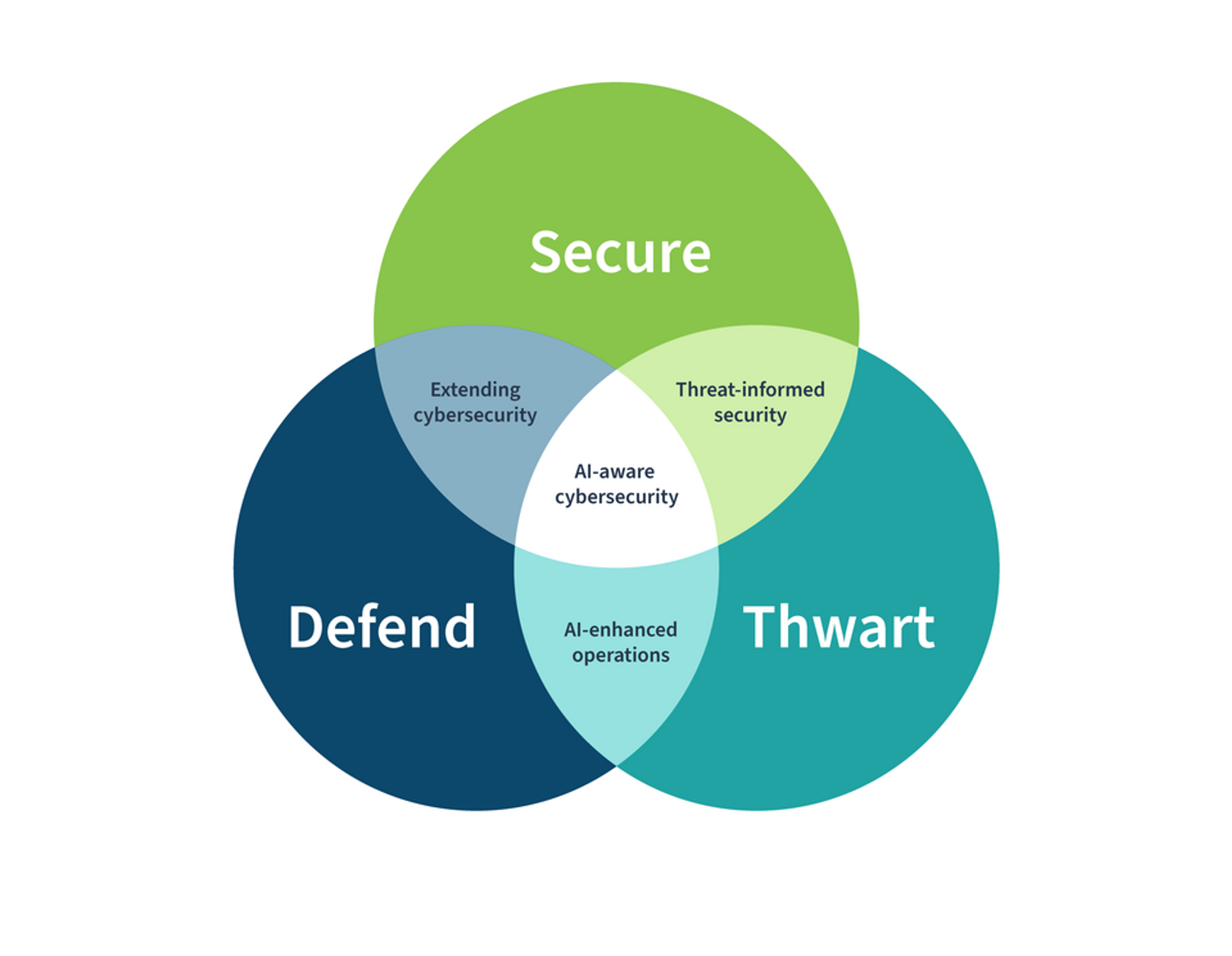Data security hasn’t evolved for three decades, so we’re taking it to the next level
Data security hasn’t evolved for three decades, so we’re taking it to the next level
One of the most transformative periods of my early career was the nine years I spent in the Israeli Military Intelligence Unit 8200. At the time, there was a lot happening in cybersecurity innovation, and the 8200 was at the forefront. The projects I worked on were complex and challenging—they were also groundbreaking. We were part of building very exciting new technologies.
After my military service, I worked at startups as a software engineer and product management leader, and was the first employee at Dazz, specializing in real-time vulnerability detection and remediation. This time in my career solidified my belief in the power of a strong team, and the importance of staying adaptable in the face of every challenge. As a co-founder of MIND, these beliefs have guided me.
Building powerhouse teams
The majority of my years in the 8200 were spent as a team leader, and I became very adept at seeing ability and building powerhouse teams. In recruiting, there are certain qualities you look for. Of course, first everyone needs to be able to function as part of a team. This means respecting each other’s strengths and skills, communicating, and being adaptable.
Beyond that, I’ve found that the best teams have a balance of different kinds of thinkers. You can’t have a team of all humble people the same way you can’t have a team of all risk-takers. The most exciting and successful innovation happens when there’s a push-and-pull dynamic of different personality types.
I also look for people who are optimistic. It’s too easy to be discouraged in the face of adversity, especially when solving very complex problems. Being in the mindset of building things means having a clear vision and not being afraid of the past. Whatever happens, even when things don’t work as planned, the whole team has to stay optimistic and keep moving forward.
Lastly, I look for people who are driven by curiosity. Someone who’s curious and really, really hungry to learn is going to constantly find new ways to be creative. This person is far more valuable to the team than someone who thinks they’ve seen it all and knows it all. I’m always trying to nurture that spark of curiosity in the people around me.
Always solving something
I’m interested in a lot of different things, and I enjoy solving all kinds of problems in my head. Even something as simple as crossword puzzles, my mind will keep thinking about it until I get the answer. It’s like a natural instinct for me, I just really enjoy figuring things out.
When it comes to technology, I want to know every aspect of it. I’m curious about how it works, how it was made, and how I can break it. I’m immediately taking it apart in my mind and thinking about how to make it better.
Embodying ‘just do it’
My absolute favorite philosophy is ‘don’t wait.’ This mantra has guided me in both my personal and professional life. There will always be problems. But there are solutions everywhere, and you need to be able to go forward and try things. It’s important to me that I empower people with the confidence to take immediate action. As long as they know the shared vision, they’ll move in the right direction.
Sure, there will be times when you need to sit with something. You might think for a week, or more, or however long it takes while you figure out certain aspects in your mind. But then there’s a point when you need to be hands-on. Make a decision. Just go.
Sometimes the ‘aha’ moment will come when you’re planning. Sometimes when you’re building. And sometimes it will come after you’ve been working on it for some time. Whatever the problem, I try to begin with something that will give me feedback. This way you can be sensitive and respond to whatever’s happening.
There have been many situations when I didn’t know what the end solution would look like. I made a choice to move forward despite the uncertainty and figured it out. The journey is part of the process.
Starting a company
Many of my peers in the 8200 knew from a young age they wanted to start a company, and it was really important to their identity. I never really shared that same kind of ambition. I just knew I wanted to build things.
It took me a while to realize that starting a company was the best way to do this. It’s an incredible opportunity to start from the beginning. To build the vision, the team and the technology. Once I realized this was my path, I started to think like a founder. I watched other founders and learned from them.
Taking on data loss prevention
With MIND, one of the early unexpected challenges was the market we were targeting. You might think that going into an established space like data security would be easier, especially when there was such an obvious need for improvement. But that wasn’t the case. We were entering a market that hadn’t evolved for three decades.
For me, the most exciting part of starting MIND was going from zero to one. That’s where the most unknown was, where we asked the biggest questions and encountered the hardest problems. My co-founders, Eran (CEO) and Itai (CTO), and I were never discouraged by setbacks. We focused on what was important and figuring things out. We have the resources to experiment and find what’s exactly the product that will be able to take us to the next level in data security, especially in data loss prevention (DLP).
Whether it’s starting a company or building something new, if you want to do something, just do it. Don’t waste energy thinking about reasons why you shouldn’t. If it’s important, then it’s worth doing. Don’t postpone, just start.
